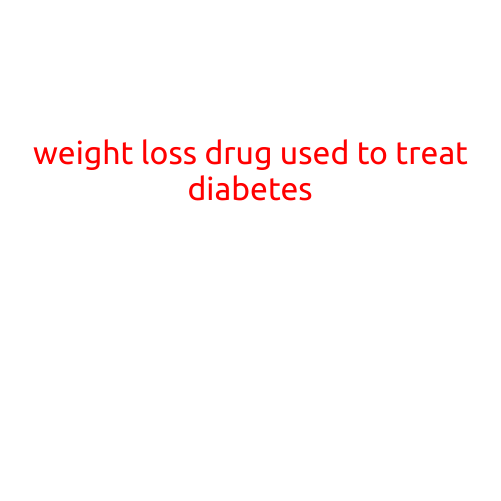
Weight Loss Drug Upsurge: What You Need to Know
The global weight loss industry has been on a steep rise in recent years, with millions of people searching for effective and sustainable solutions to shed those extra pounds. In this article, we’ll explore the latest developments in the field of weight loss drugs, also known as “weight loss aids,” and what they can do for you.
What are weight loss drugs?
Weight loss drugs, also known as anti-obesity medications, are pharmaceutical products designed to help individuals lose weight by reducing hunger, increasing satiety, or suppressing appetite. These medications work by affecting various physiological processes in the body, such as metabolism, hormone levels, and digestive enzymes.
Types of weight loss drugs
There are several types of weight loss drugs currently available, including:
- Appetite suppressants: These medications work by reducing hunger and increasing feelings of fullness, making it easier to stick to a diet and exercise plan.
- Metabolism boosters: These medications aim to increase the body’s energy expenditure and metabolic rate, helping to burn more calories at rest.
- Hormone regulators: These medications focus on regulating hunger hormones like ghrelin and leptin, which play a crucial role in appetite and satiety.
- Digestive enzyme inhibitors: These medications reduce the body’s ability to absorb fat, increasing the excretion of calories and weight loss.
Popular weight loss drugs
Some of the most well-known and widely used weight loss drugs include:
- Orlistat (Alli): An over-the-counter (OTC) medication that inhibits the absorption of fat, recommended for adults with a BMI of 30 or higher.
- Phentermine: A prescription medication that suppresses appetite and increases metabolism, often used in combination with other weights loss aids.
- Lorcaserin (Belviq): A prescription medication that targets the brain’s appetite centers, increasing feelings of fullness and reducing hunger.
- Naltrexone-bupropion (Contrave): A prescription medication that combines opioid blockers and antidepressants to reduce hunger and increase metabolism.
What you need to know before taking a weight loss drug
Before starting any weight loss drug, it’s essential to consult with your healthcare provider and discuss the following:
- Health risks: Weight loss drugs can have potential side effects and interactions with other medications, including decreased bone density, mood changes, and increased risk of gallstones.
- Contrindications: Certain medications may not be suitable for individuals with certain health conditions, such as high blood pressure, diabetes, or heart disease.
- Food and exercise requirements: Weight loss drugs may require significant changes to your diet and exercise routine to be effective.
- Long-term effectiveness: Weight loss drugs may work initially, but their long-term effectiveness can vary, and it’s essential to maintain a healthy lifestyle to sustain weight loss.
Conclusion
Weight loss drugs can be a valuable tool for individuals struggling with excess weight, but it’s crucial to approach them with caution and consult with your healthcare provider before starting any medication. By understanding the types of weight loss drugs available, their potential benefits and risks, and what to expect from treatment, you can make informed decisions about your weight loss journey and achieve sustainable results.





